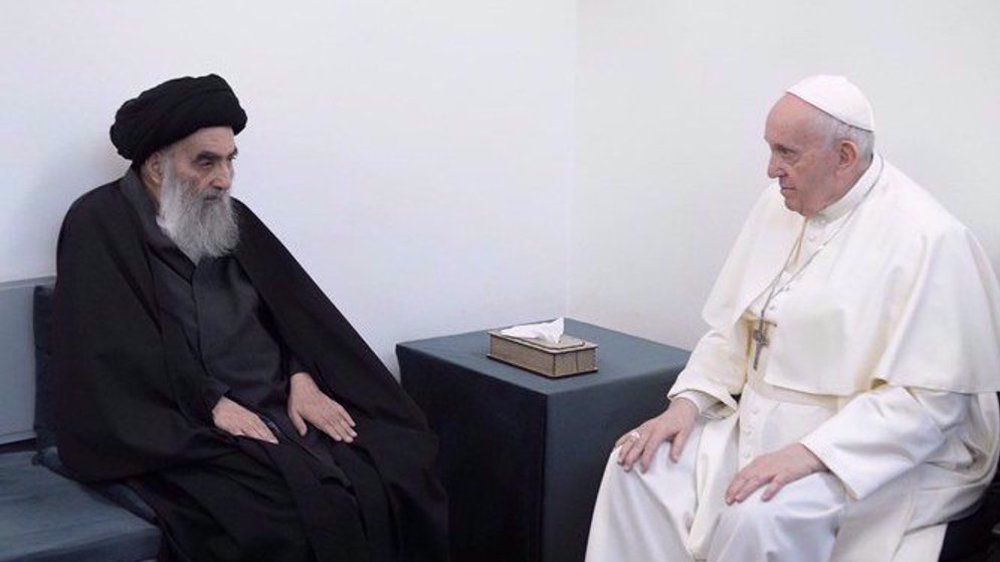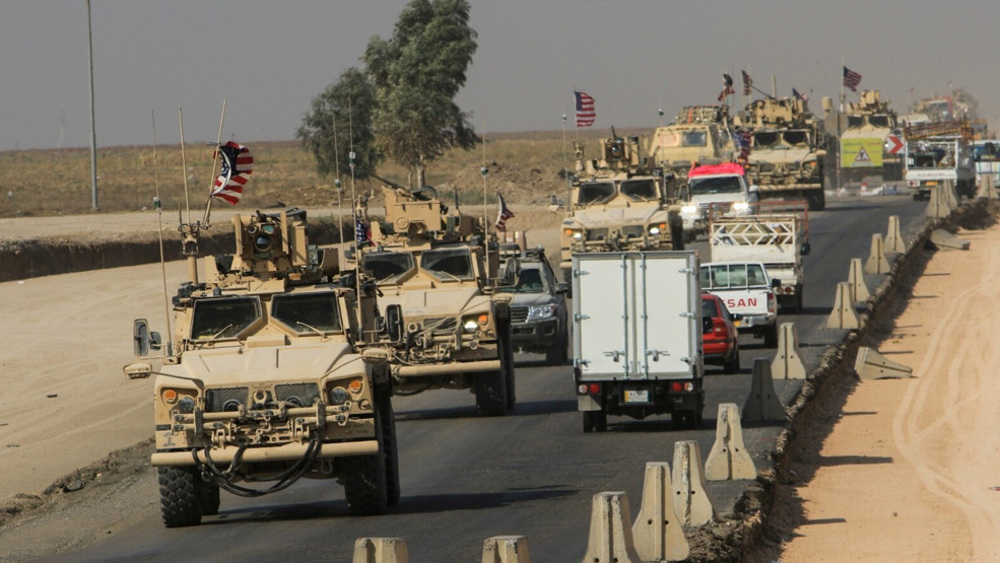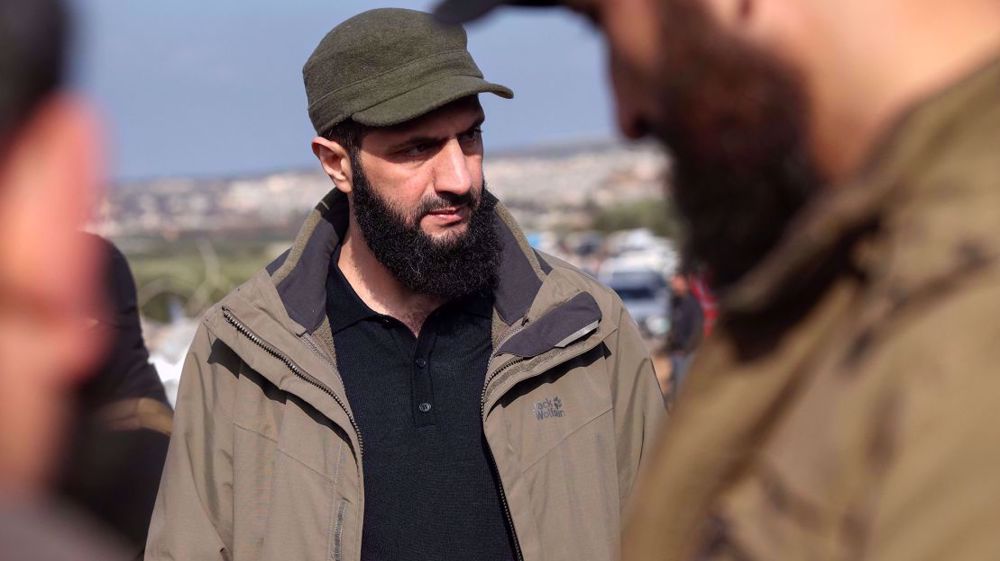Iraqi court sentences four Takfiri Daesh terrorists to life imprisonment
Iraqi judicial officials have handed down life terms to four people over membership in the Daesh Takfiri terrorist group and involvement in acts of terror across the war-ravaged Arab country.
Sadeq al-Husseini, the head of the Security Committee in Diyala Provincial Council, told Arabic-language Baghdad Today news website that the Judiciary issued the verdicts against the convicts, after they were found guilty to have joined the terror outfit and assisted the extremists in their attacks against security and military forces.
Ahmed al-Shimary of the Diyala Operations Command said on August 26 that a high-ranking Daesh militant commander, better known by the nom de guerre Abu Ahmed, had been killed in a clash between two Daesh groups at an orchard in the village of Mkheisa, located some 25 kilometers (15.5 miles) northeast of the provincial capital Baquba.
Shimary added that Ahmed was one of the aides of the former founder of the al-Qaeda in Iraq (AQI), Abu Musab al-Zarqawi, who was killed in a US airstrike in 2006.
Ahmed, who was an Iraqi national, joined Daesh terrorist group in 2014, and became one of its main commanders in Diyala Province.
On August 19, the Iraqi Judiciary upheld death sentences against more than a dozen convicts involved in a June 2014 massacre by Daesh Takfiri terrorists at an air force camp in the country’s north-central province of Salahuddin.
Head of the Committee for the Commemoration of the carnage, Moin al-Kazemi, said in a statement that Iraqi judicial officials had passed the ruling on 14 convicts, urging the officials to carry out the sentences as soon as possible.
Iraqi Prime Minister Haider al-Abadi, who is also the commander-in-chief of Iraqi forces, pledged on June 30 to hunt down Daesh terrorists across Iraq after a series of attacks and abductions carried out by the terrorist group.
“We will chase the remaining cells of terrorism in their hideouts and we will kill them, we will chase them everywhere, in the mountains and the desert,” Abadi said.
Abadi declared the end of military operations against Daesh in the Arab country on December 9, 2017.
On July 10 that year, the Iraqi prime minister had formally declared victory over Daesh in Mosul, which served as the terrorists’ main urban stronghold in the conflict-ridden Arab country.
In the run-up to Mosul's liberation, Iraqi army soldiers and volunteer Hashd al-Sha’abi fighters had made sweeping gains against Daesh.
Iraqi forces took control of eastern Mosul in January 2017 after 100 days of fighting, and launched the battle in the west on February 19 last year.
Daesh began a terror campaign in Iraq in 2014, overrunning vast swathes in lightning attacks.

Ayatollah Sistani offers condolences on passing of Pope, hails his role in promoting peace

US arms convoys enter Iraqi Ain al-Asad base from Syria: Report

Syria’s self-proclaimed president can be arrested if he visits Baghdad: Iraqi figure
Global reactions, offers of assistance pour in after huge deadly explosion in S Iran
Iran pres. stresses collective, effective fight against terrorism in calls with India, Pakistan PMs
Iran declares holiday in Bandar Abbas port as fire still raging
VIDEO | NY protesters demand end to genocide on Global Day for Gaza
VIDEO | Pope Francis funeral mass held in St. Peter's Square
VIDEO | UK education activists focus on decolonization
Iran supports any measure to strengthen peace, tranquility: Pezeshkian
Iran, Russia agree to transfer gas via Azerbaijan: Minister















 This makes it easy to access the Press TV website
This makes it easy to access the Press TV website